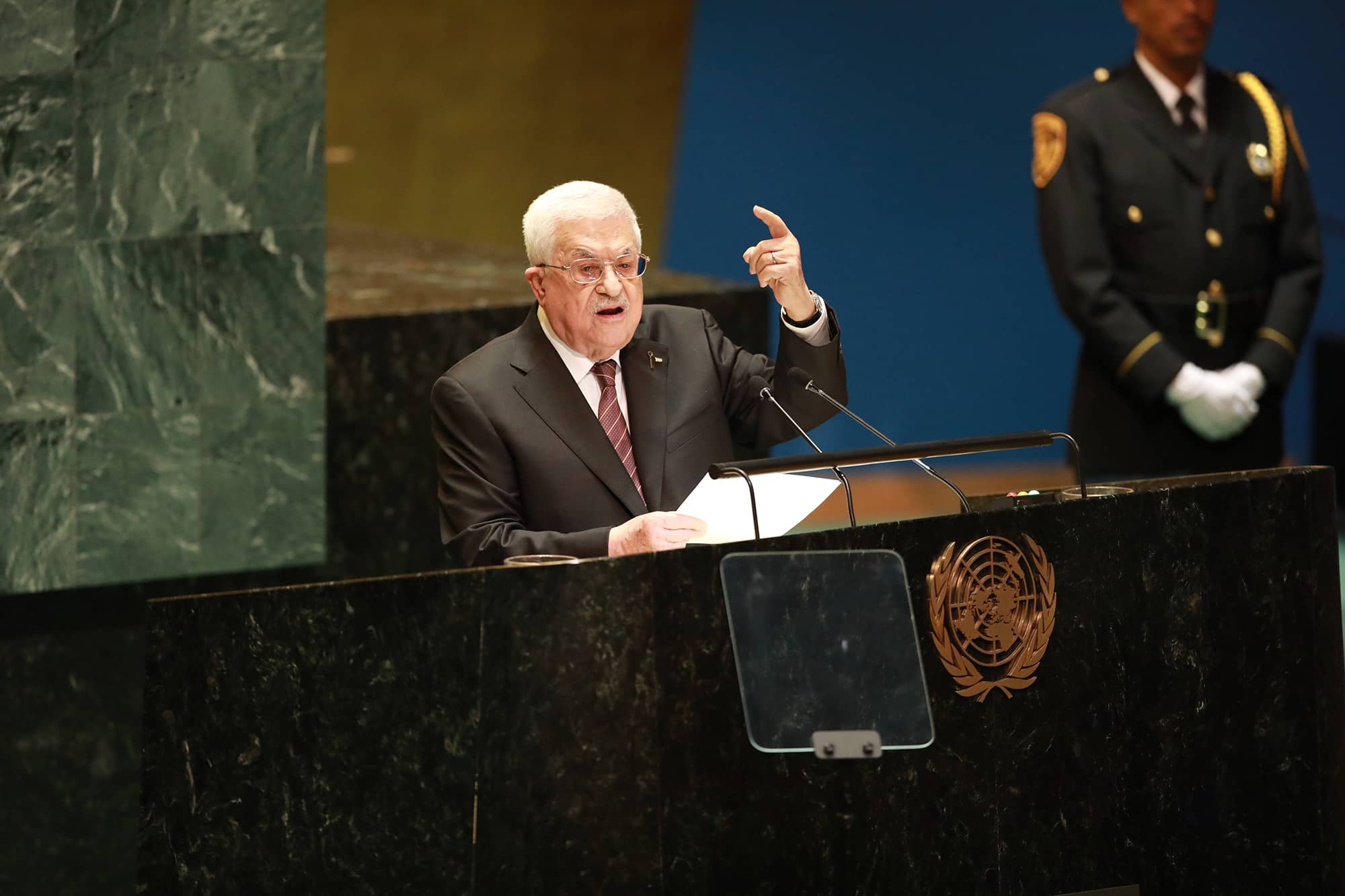There are plenty of reasons for Israel and Saudi Arabia to keep relations cool. The Saudis are demanding Israeli concessions to the Palestinians that Israel is not prepared to make right now, and United States President Donald Trump sidelined Israel in his recent Mideast tour, while announcing that the U.S. is selling Saudi Arabia a $142 billion arms package.
Full normalization between Israel and Saudi Arabia would be a historic turning point marking the end of the broader Arab-Israeli conflict – something Hamas considered so threatening that it inspired the terror group’s October 7, 2023, attack on Israel, according to recovered documents reported by The Wall Street Journal .
But even if full normalization, as desirable as it may be, is not immediately on the horizon, Israel and Saudi Arabia should nonetheless be actively striving for strategic cooperation. Israel, Saudi Arabia, and the United States all have much to gain.
Israel, as one of the region’s primary forces opposing totalitarian Islamism and a partner with Saudi Arabia in activities overseen by US Central Command (CENTCOM) in the context of combating this threat, can and should become a partner in a broader and more visible regional initiative for creating strategic cooperation. This would be a continuation of what we witnessed when Arab states directly helped thwart Iranian missile attacks in April and October 2024 and of the ongoing role played by the Saudis in intercepting Houthi launches.
Across several fronts, Israel, Saudi Arabia and the U.S. – as well as the United Arab Emirates – share common interests that can and should be translated into joint action.
- Preventing Iran from going nuclear: A decisive choice is approaching on whether to deny Iran the capability to obtain nuclear weapons through diplomatic or military means.
Iran’s ability to build nuclear weapons is a threat to all members of the “stability camp” and a challenge to global peace, as it would ultimately collapse the Nuclear Non-Proliferation Treaty (NPT). Coordinating a regional stance is crucial for effectively enforcing sanctions and, if necessary, using force with all the ensuing consequences. - Working together against the Houthis in Yemen: Despite the Houthis’ hysterical declarations claiming that the United States has surrendered to their strength and their threats to continue attacking Israel, it would be unwise for Israel to act alone against this terror group as it has against Hezbollah.
Given the distance and the absence of detailed and long-standing intelligence and operational preparation that yielded results in Lebanon, a broader initiative is necessary. This initiative should strengthen the now weak and divided legitimate government in Yemen, enabling it to defeat the Houthis or at least force them to cease serving Iran’s interests. Achieving this requires detailed understandings with Saudi Arabia and the UAE. - Supporting the new Syrian leadership: The entire “stability camp” has a shared interest in curbing Turkish President Recep Tayyip Erdogan’s neo-Ottoman ambitions, as he sees himself as the founder of a new Islamic caliphate.
At the same time, this camp should offer alternative support to the new Syrian leadership, which is desperately seeking political legitimacy and economic reconstruction – provided that Syrian interim President Ahmed al-Sharaa adheres to the principles put forward to him by President Trump and takes into account the Israeli security concerns. Once again, the deeper the cooperation of Israel and the U.S. with Saudi Arabia and the UAE in this arena, the better. - Weakening Hezbollah’s grip on Lebanon: Saudi Arabia has already engaged in active involvement, helping to translate Hezbollah’s defeat into a new political reality, including the election of a president and prime minister who are neither to Hezbollah’s nor Iran’s liking. Proper use of resources could potentially weaken Hezbollah’s grip on the Shia community, which the group’s actions have devastated in recent years.
It could also strengthen the small but nevertheless significant voices in the Druze community speaking against Lebanese Druze leader Walid Jumblatt’s current stance opposing Druze cooperation with Israel in Syria. The Lebanese arena requires patient, long-term efforts, but here as well coordination with Saudi Arabia and the UAE is a diplomatic lever with strategic implications. - Blocking the Muslim Brotherhood’s path to power in Egypt and Jordan: Both Jordan and Egypt face severe economic challenges and are clearly part of the stability camp. It is essential to bring the Saudis on board to a long-term commitment alongside the massive investments the UAE has already begun to implement in Egypt.
The shared interest is to block the Muslim Brotherhood’s path to power as Hamas is an integral branch of the terror movement, and its aspirations are supported by Turkey and Qatar as well. Still, a lack of resources added to the fear that they may be left to face the situation on their own may yet push both countries, especially Egypt, toward a more ambiguous stance vis-a-vis Turkey – and even into China’s embrace. That makes it crucial to establish conditions for joint strategic actions by Israel, the US, Saudi Arabia, and the UAE while neutralizing Qatar’s influence as much as possible.
Other issues that are vital to Israel, Saudi Arabia, and the US, such as maritime security in the Red Sea and economic and technological collaboration, would greatly benefit from strategic cooperation, even without full normalization of relations between Israel and Saudi Arabia.
What’s at stake here is the entire regional balance of power.
Saudi-Israeli collaboration is critical, not only for Israel’s long-term security but also for a Middle East strategy that will harness military strength to diplomatic goals and increase stability across the Middle East.
This article was originally published by the Jerusalem Post
JISS Policy Papers are published through the generosity of the Greg Rosshandler Family.
Photo: IMAGO / APAimages















Disarm Hamas or Face a Partitioned Gaza